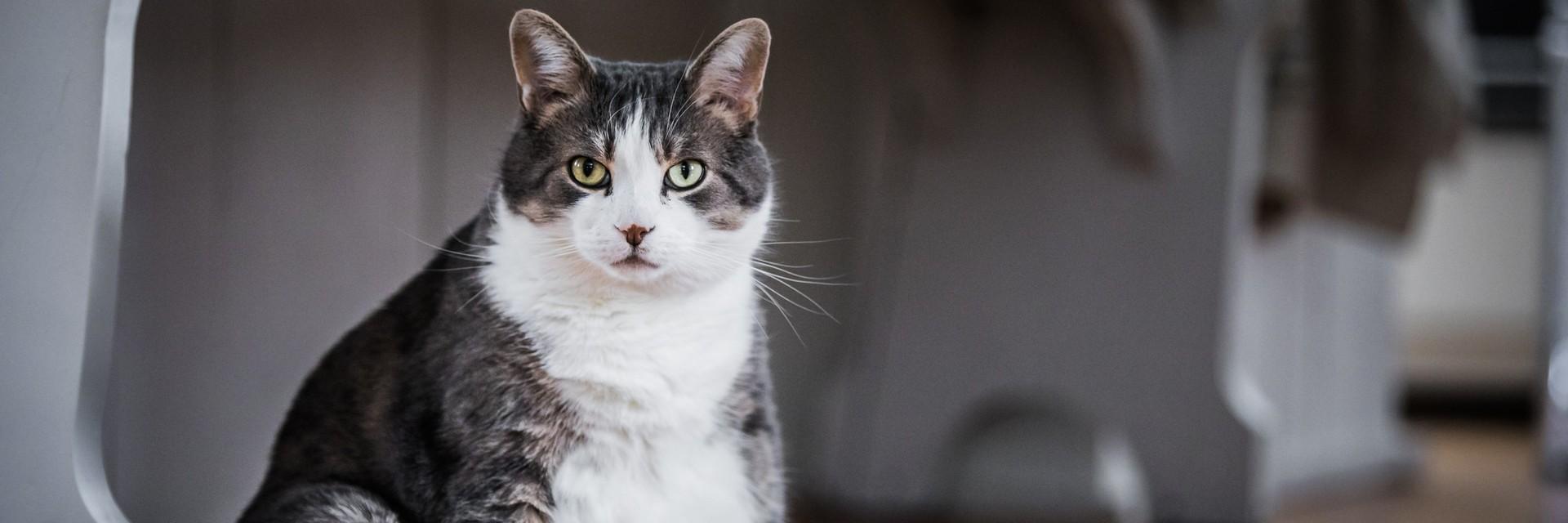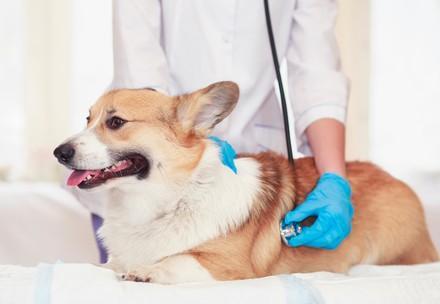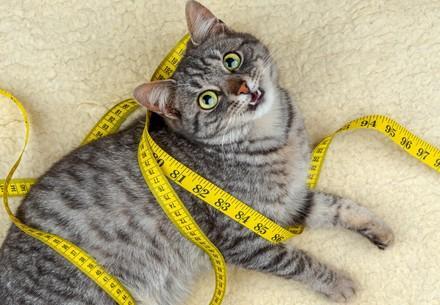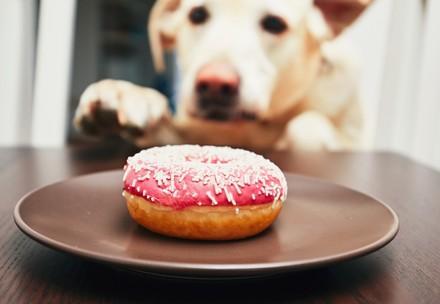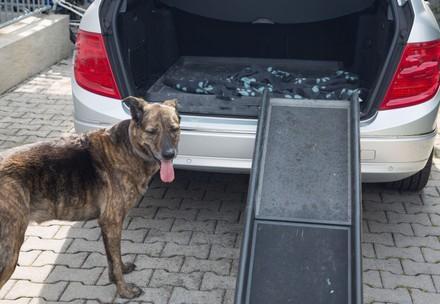Many pets are seriously overweight due to their owners not properly understanding their dietary needs. Veterinarians are now sounding the alarm, talking about pet obesity as a ‘new disease’ and putting in place awareness-raising campaigns against obesity. This is for a good reason, as pet obesity can lead to major health problems, which can also become a financial burden for pet owners but worse still is that it can impact the quality of life of the affected animals, as well significantly reduce their lifespan.
Pet Owners Should Be Aware of the Danger Behind Pet Obesity
Healthy weight of dogs, cats and other companion animals is an important welfare factor
A big problem
Many pet owners with obese pets are either not aware that their pet is overweight or do not want to admit it. Some pet owners even believe that the appearance of their overweight pets actually suggests health.
This problem is clearly shown in the Pet Obesity Report 2019. With veterinarians confirming that:
- 51% of the dogs that visit the vets
- 44% of the cats that visit the vets
- 29% of small mammals visit the vets
are seriously overweight or obese. Compared to the same study five years ago, this represents an increase in all the named species.
However, what was the assessment of the surveyed animal owners?
- 68% thought their animal has a good weight.
- 67% were not worried about their pet's obesity.
- Only 8% admitted that their animal needed to lose some weight.
Very few of the respondents had ever dealt with the weight of their pet.
Dietary mistakes made by pet owners
Ignorance or misunderstanding aside: what fundamental mistakes do owners of obese pets make? They cause a disproportion between energy consumption and energy expenditure. To put it more simply: these owners give their animal more calories than it needs or uses.
An international survey from 20181 shows how this can happen:
- 54% of dog and cat owners give their pet food often or when the beg.
- 22% of cat and dog owners overfeed their animals to keep them happy.
- Only 20% of the respondents measure how much food they give their animals.
- 87% of pet owners give the amount of food that they think their dog or cat needs.
Not to be underestimated is the misunderstood love with which people shower their animals by simply giving them too many calories. For example, pet owners often do not consider the calories in treats and snacks that they give their animals daily. All these calories add up and lead to animals becoming overweight if not properly monitored and controlled, as part of a healthy diet.
Many pet owners also do not have any idea about the ingredients in treats. For example, raw hide is basically the inner soft layer of an animals’ skin. It most commonly comes from cows. Before it’s pressed into different shapes, it is chemically preserved and cleaned. Some raw hides come with artificial flavourings to make them more appealing to dogs and these products are often imported for example from Asia. Not only can raw hides cause choking and digestive obstruction, but they may also be contaminated with toxic chemicals. Choosing healthy treats is the best option for your pet.
Unlike us, pets cannot control their weight so it’s up to pet owners to make the right decisions on their behalf and ensure that they receive a healthy and appropriate diet.
Source
BVA BVNA, BVZSand BEVA. BVA,BVNA, BVZS and BEVA policy position on obesity in dogs, cats, horses, donkeysand rabbits. 2020 Jan:4. About. Association for Pet Obesity Prevention. [accessed 2021 Jan 26]. https://petobesityprevention.org/ourmission
German AJ. The Growing Problem of Obesity in Dogs and Cats. The Journal of Nutrition. 2006;136(7):1940S-1946S. doi: https://doi.org/10/ghvn5m
The Obesity Epidemic In Our Patients. Today’s Veterinary Practice. 2012 Sep 1 [accessed 2021 Mar 22]. https://todaysveterinarypractice.com/the-obesity-epidemic-in-our-patients/
Thieme - Login. 2012 [accessed 2020 Jun 30]. https://profile.thieme.de/HTML/sso/ejournals/login.htm?type=default&subsidiary=www.thieme-connect.com&hook_url=http%3A%2F%2Fwww.thieme-connect.com%2Fproducts%2Fejournals%2Fhtml%2F10.1055%2Fs-0038-1623670
PFMA Pet Obesity Reports. [accessed 2021 May 11]. https://www.pfma.org.uk/pet-obesity-reports
New Survey Weighs Up Potential Reasons Behind Pet Obesity Crisis. Better Cities For Pets. [accessed 2021 Jan 26]. http://www.bettercitiesforpets.com/resource/survey-weighs-pet-obesity-crisis/
Downes MJ, Devitt C, Downes M, More SJ. Understanding the context for pet obesity; self-reported beliefs and factors influencing pet feeding and exercise behaviour among pet owners. PeerJ PrePrints; 2014 [accessed 2021 Jan 21]. https://peerj.com/preprints/715v1. doi: https://peerj.com/preprints/715v1/
Medicine C for V. FDA Investigates Animal Illnesses Linked to Jerky Pet Treats. FDA. 2020 Mar 25 [accessed 2021 May 11]. https://www.fda.gov/animal-veterinary/outbreaks-and-advisories/fda-investigates-animal-illnesses-linked-jerky-pet-treats Why Bones are Not Safe for Dogs. vca_corporate. [accessed 2021 May 11]. vcahospitals.com/know-your-pet/why-bones-are-not-safe-for-dogs
Januar 2017 DMBD| 30. Is It Safe to Give My Dog a Rawhide? Vetstreet. [accessed 2021 May 11]. http://www.vetstreet.com/dr-marty-becker/is-it-safe-to-give-my-dog-a-rawhide.


